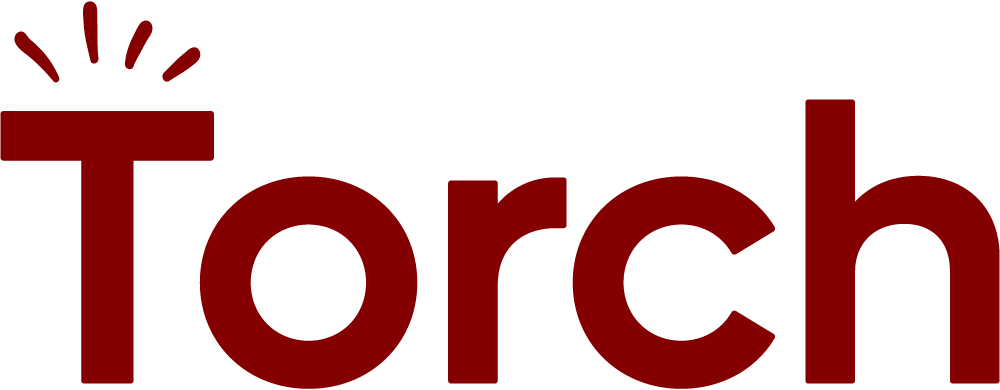Have you ever felt a greater sense of mastery over a certain skill after explaining your thinking behind it to a peer?
We learn a great deal by explaining our ideas, experiences and thought processes to others. In turn, those we share with learn from us.
This is one of the core tenets of peer-to-peer learning – the mutually beneficial sharing of ideas and experiences. As a leader, learning from other leaders provides an invaluable path to growth.
Now, as more leaders are leading virtual teams for the first time, helping their teams manage work and parenthood, navigating tough emotions at work, and more, peer-to-peer learning provides not only an education but a needed community.
Continue reading to explore what defines peer-to-peer learning, examples of peer-to-peer learning you can participate in as a leader, and the advantages of peer-to-peer learning now.
What is peer-to-peer learning?
Traditionally, peer-to-peer learning means student to student in a classroom setting. In the workplace, a peer is someone in a similar role to another. This could be job type, like a group of peer engineers, or role description, like a manager.
Peer-to-peer learning involves those peers sharing ideas, experiences, and knowledge with one another in a mutually beneficial way.
Importantly, peers are mostly equal in their positions and responsibilities, so there are limited power dynamics at play. Peer-to-peer learning places an importance on the process of learning itself, which includes the support gained by learning in a communal setting.
3 examples of peer-to-peer learning for leaders
While peer-to-peer learning can be as simple as a lunch and learn meeting, where an employee shares their knowledge on a topic to other employees, there are a few specialized peer-to-peer learning options for leaders to consider now.
1. T- Groups
Training groups, more commonly known as T-Groups, were developed by NTL (National Training Laboratories Institute for Applied Behavioral Science) and have been popularized by the Graduate School of Business at Stanford University. While traditionally classified as experiential learning, they are also a form of peer-to-peer learning. In a T-Group, a small group of people who do not know each other and are unlikely to work together in the future, but who are in a similar situation to each other (for example, all senior leaders but at different companies in different industries) meet with two experienced facilitators to learn from their interactions with one another.
2. Mentoring
One of the more traditionally well known forms of peer-to-peer learning is mentorship. A mentor can be in the same company as the person they are mentoring, but more senior or tenured. Through a series of meetings with a mentor, you can learn from their skills and experience and apply it to your own leadership. For example, finding a mentor now who has led virtual or remote teams, or who can provide guidance on how to prioritize and manage your time now, is a great resource.
3. Small Group Coaching
Working with a coach as well as a small group of peers provides an additional layer of learning. As a leader participating in small group coaching, you’ll learn not only from the coach’s expertise, but from the experiences and ideas of your peers. The coach will bring formal learning and guidance to help you learn new skills. In sharing experiences with your peers, you’ll develop new connections leading to more learning now and in the future.
The advantages of peer-to-peer learning for leaders
While there is value to be found in all types of learning, the particular value of peer-to-peer learning now is building relationships and community. The environment in which we’re all working now is new, and this new normal will teach all of us different lessons about what it means to lead. By sharing those lessons with peers we know that we are not alone.
In peer-to-peer learning, your peers become your sounding board, your confidants, and your teachers. In return, you provide this value back to them, in a mutually beneficial relationship that will last.
To learn more about Torch’s group coaching programs, request a demo below.


